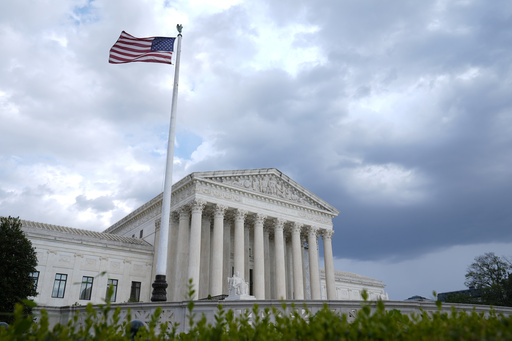The Supreme Court recently made a significant ruling that could pave the way for new challenges to long-standing regulations even after they have been in effect for years. In a 6-3 decision, the justices sided with a truck stop in North Dakota seeking to challenge a 10-year-old regulation on debit card swipe fees that was upheld by a federal appeals court in Washington.
The regulation, issued by the Federal Reserve in 2011, required merchants to pay banks fees each time a customer used a debit card. The lawsuit over this regulation was initially dismissed in 2017 due to being filed after the deadline. However, the Supreme Court’s ruling determined that the clock for challenging the regulation did not start until the truck stop began accepting debit cards in 2018, allowing the case to move forward.
This decision comes on the heels of the court’s recent overturning of the Chevron decision from 1984, which made it easier to uphold regulations. The ruling also stripped the Securities and Exchange Commission of a key tool in combating securities fraud. Justice Amy Coney Barrett, writing for the conservative majority, emphasized that the time frame for challenging regulations could be changed by Congress.
Despite concerns expressed in a dissenting opinion by Justice Ketanji Brown Jackson about an increase in lawsuits against agencies, the ruling is expected to result in more successful challenges to federal regulations. According to legal analysts, the decision, combined with the elimination of Chevron deference, will likely lead to an uptick in litigation against various government regulations issued by different agencies.
The dilemma facing the court, as articulated by Chief Justice John Roberts during the case’s argument, underscores the balance needed between allowing individuals or entities harmed by government actions to seek recourse and preventing endless challenges to regulations. The principle of ensuring everyone has their day in court remains paramount, even in light of concerns about the potential impact on government operations.
